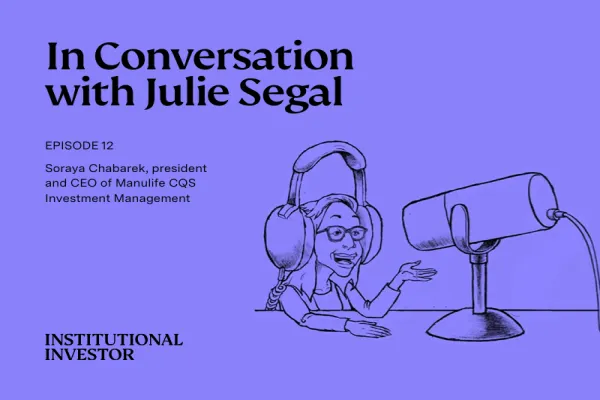Shares of Och-Ziff Capital Management Group slumped 3.2 percent after the publicly traded hedge fund firm disclosed in a regulatory filing that since 2011 it has received subpoenas from the Securities and Exchange Commission and requests for information from the Department of Justice related to a probe involving the Foreign Corrupt Practices Act and related laws. It explained that the investigation concerns an investment by a foreign sovereign wealth fund in some of the Och-Ziff funds in 2007 and investments by some of the funds in a number of companies in Africa. “At this time, the company is unable to determine how the investigation will be resolved and what impact, if any, it will have,” the company said in the filing. It warned that an adverse outcome could have a “material effect” on the company’s consolidated financial statements.
—
Keith Meister’s New York–based hedge fund firm and Corvex Management and New York–based real estate investment firm Related Fund Management took a victory lap in their proxy fight with CommonWealth REIT. The firms announced that shareholders of over 81 percent of the shares of CommonWealth approved their proposal to remove the entire board of trustees of the REIT. “The shareholders have exercised their rights, and we look forward to working with the trustees in the coming days to arrange for an orderly transition process that best protects the interests of all shareholders,” Meister and Jeff Blau of Related said in a statement. “We will immediately reach out to the trustees to begin these discussions.” Corvex and Related own a combined 9.6 percent stake in CommonWealth.
—
Shares of Fannie Mae and Freddie Mac each jumped more than 9 percent one day after plunging more than 18 percent to their lowest prices in more than a month.
—
London-based managed futures firm BlueCrest’s BlueTrend Master Fund, a computer-driven trend-following fund, told investors that its 2.90 percent gain last month was heavily driven by equities, according to its February monthly letter. It also said it added to its equity exposure through the month. The fund, which is still down 1.23 percent for the first two months of the year, also enjoyed strong gains from the bond sector — the fund steadily maintained a long net bias throughout the month — while commodities, precious metals and long positions in energy contributing lesser amounts of gains. On the other hand, it lost some money from foreign exchange and what it calls metals sectors.
—
Investors pumped about $41 billion into hedge funds in February, the largest monthly allocation since data tracker eVestment began tracking monthly flows in October 2008. This brings total industry assets under management to $2.93 trillion, leaving it just $12 billion shy of its all-time high set in the second quarter of 2008, according to eVestment. Investors preferred equity funds to credit funds for the fourth consecutive month, the longest streak since investors piled into the stock market recovery following the financial crisis. Macro strategies in February enjoyed their first inflows since September 2013.
—
At least two hedge fund firms think the junk bond market is overheated. Speaking at the Absolute Return Symposium in New York, Andrew Rabinowitz, chief operating officer of Marathon Asset Management, said that his $10.5 billion firm is shorting the high-yield, high-risk bond market because its investment managers think interest rates and defaults are likely to go up. “We hate high-yield — we’re actually short high-yield,” Rabinowitz said. “It’s trading at dangerous levels.” Steven Tananbaum, chief investment officer at GoldenTree Asset Management, said it will be hard to make good money in the corporate junk bond market. “It’s going to be very hard to get more than 5 percent returns in high-yield or loans for the rest of the year,” he said.






